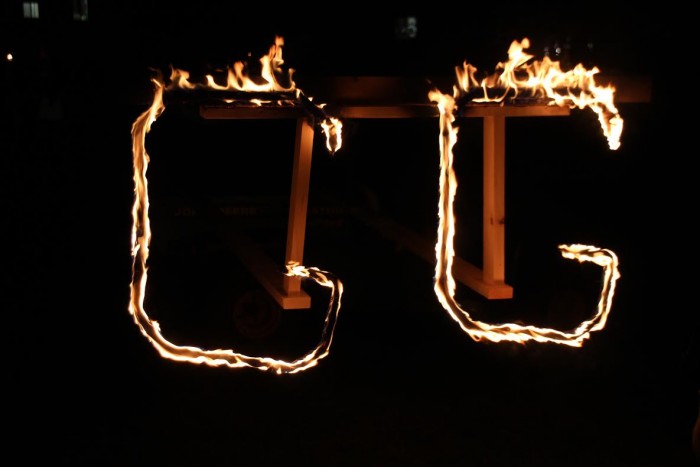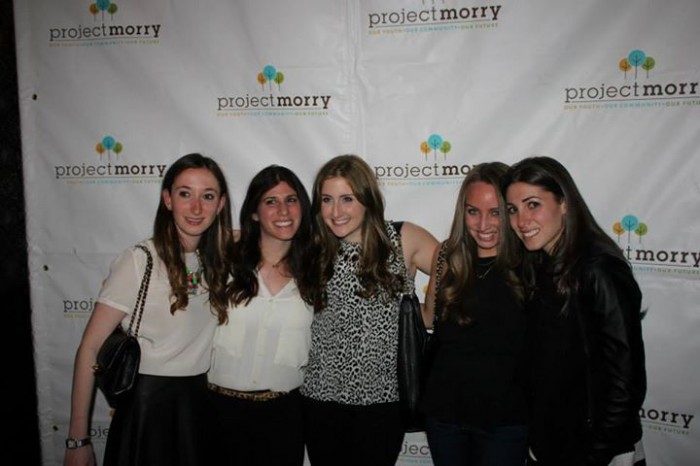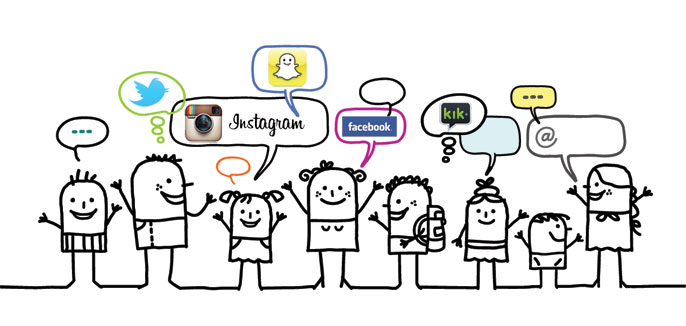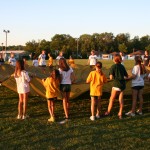Spring is here, and that means the first day of camp is just around the corner! Every Mother’s Day weekend, we open up camp for one of our favorite events of the year: our Open House for new campers and their families. As we get ready to welcome our first-time campers and parents next month, we reached out to some of our camp moms, past and present, to share some advice for parents preparing for their own first day of camp! We asked them about their first weeks as camp parents, the questions they wish they’d asked, the suggestions they have for getting the most out of camp, their observations as their daughters have grown, and they flooded us with so much helpful information, it’s going to take two blog posts to share it all!
The moms we talked to have a wide range of experiences and perspectives on camp. Some, like Jody and Rachel, have more than one daughter in camp. Kimberly’s daughter has gone all the way through Bunk One and is returning as an LIT. And Laurie, whose daughters are grown and in their 20s, has been able to see them carry the lessons learned at camp into adulthood.
The First Week
The first week of camp is an exciting time for campers and counselors — and for first-time parents, it can be a little nerve-wracking! Even when you trust that your daughter is being well taken care of, it’s normal to experience a wide range of emotions. Here’s what our seasoned camp moms had to say about their own daughters’ first weeks at Bryn Mawr:
Jody: “My advice is to occupy yourself a A LOT during that first week so you don’t have much time to think about it as you get used to the absence. At camp the girls keep so busy their first week, and it’s filled with exciting new things. Try and do the same for yourself! Maybe plan a vacation!”
Robin: “I remember the first week eagerly diving into all of the photos to get a glimpse of our daughter. Nothing was more thrilling than seeing her in the midst of happy rituals.”
Laurie: “I remember feeling nervous and wondering where their bed was, who they slept near, were they near the one person they each knew, whether they were in the bunk with that family friend from New Jersey… I wondered if they were homesick or happy, and I missed them. I couldn’t wait to receive that call from camp that each one was OK. What I remember most is that I felt that I sent them to a very fine camp and that they would be well taken care of.”
Kimberly: “That first week, I remember being a bit in shock! But as soon as I heard from Jane that all was well, I definitely relaxed. And once I received my first letter, I knew my daughter was fine.”
Julie: “I remember how proud we were when she got on the bus — she was going to camp knowing the friends she had met the previous summer at Explorers but getting on the bus not knowing anyone specifically. We were thinking how brave and lucky she was at the same time.”
Rachel: “I have two daughters at LBMC and I remember missing them so much and worrying a lot (OK, I cried) during the first week. More than that, though, I remember seeing the pictures start showing up online with their beaming faces with new friends, doing awesome activities, enjoying July 4th and being surrounded with love by Jane, Dan, the older girls and their friends. We felt so thrilled that we were able to give them the experience of a lifetime.”
Communicating With Your Daughter
Between emails, phone calls, letters, Visiting Day, and photos and videos on the camp website, you’ll have a lot of points of contact with your daughter throughout the summer. Sometimes the emotions around those communications can be intense — and sometimes your daughter will be having so much fun at camp that she won’t write home as often as you’d like! We asked our experienced moms for their best advice about how to make the most of staying in touch during the summer.
Robin: “Take advantage of the email system to send quick notes to your daughter. They print them and put them on their beds. My daughter asked me to double space hers as I guess I wrote a lot and the text was dense, so I will do that this year! She also requested that I send her with all of her letters preaddressed and stamped. She said this prevented her from writing more (though I am not sure I believe it!).”
Jody: “You will hear this a lot, but do not read too much into the pictures you will see or not see of your child. I became, as a lot do, obsessed with the pictures. Many times my girls were not in group shots or did not have a huge smile on their face in the photo. This is OK. When I eventually asked them about this, they’d tell me they had an option for a group swim but opted to go to do arts and crafts or maybe they didn’t have time to smile or didn’t see the photographer that day to get into that picture. Maybe it was the day they forgot their water bottle in the bunk and had to run back. There are a lot of girls and you just have one or two you want to see!”
Laurie: “One of my biggest pieces of advice is for parents to know that if their daughter complains or is sad or angry, it is probably momentary. Those feelings are gone or have changed before the parents even receive the letter that their daughter wrote about it. Also, feelings may come out when they speak to Mommy and Daddy, but then the feelings are gone and their daughter is really OK.”
Julie: “One question I wish I had asked before sending my daughter to camp for the first time: What’s the setting/atmosphere of the phone calls?We were looking forward to the first phone call but underestimated how emotional it could be for camper and family. Take Jane’s advice and have a list of questions ready.”
Rachel: “I wish I had asked her to send me a letter the first day or two to reassure me she was doing well. I also wish I would have known about the letters that I could write that had fill in the blank return post cards attached that make it so much easier for kids. Every time we write them with a cute game or quiz and an envelope to mail it back in that is already addressed and stamped, they always send it back right away.”
Kimberly: “The best piece of advice I have for first time camp parents (handed over by Jane that first summer!) is to keep in mind that ‘snapshot in time’ philosophy. If you receive a not-so-great letter, whatever it was is most likely right in that moment. You are getting the letter a few days later, and that ‘moment’ has definitely passed. If you ask your daughter about it, she likely won’t even know what you’re talking about!”
Practical Tips and Tricks
As you start to prepare for camp, you’re probably thinking about clothing labels, packing lists and pre-camp physicals. We try to give parents as much information as we can about getting ready for camp, but our experienced moms had some suggestions of their own to add:
- “I was very literal with the packing list … I could have sent her with a few extra pieces of her own clothing and a little more Green and Gold.”
- “I don’t think I realized how her bed would become her home away from home, so being a little more thoughtful about making it cozy with blankets and pillows and pictures for the walls is a good suggestion.
- “Read all emails from camp in a timely manner.”
- “It’s a good idea to get started labeling, buying spirit items and clothes for special days, packing and filling out forms early! Camp comes so fast and it is so much better to get the work part out of the way in advance so you can spend quality time with your girls and deal with end-of-school-year activities.”
- “Many other girls had ‘calling cards’ made with their home contact information so they can easily keep in touch during the school year.”
- “The one question I wish I asked was maybe a few more specifics about packing the trunk. Having never packed a trunk (and not having gone to camp myself), it definitely was a very daunting task!”
- “Relax, and remember — if something was wrong or there was an issue, camp would notify you.”
Thank you so much to our camper and alumnae moms who agreed to share their insight: Jody Googel, Robin Kranich, Laurie Bendell, Kimberly Glinert, Julie Solomon, and Rachel Strum. Watch out for Part 2, coming in May, when our camp moms and Bob Ditter will share their tips for preparing for camp!






